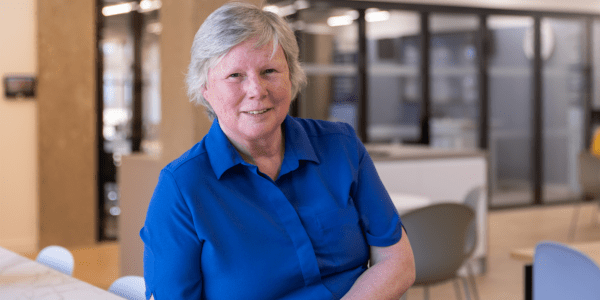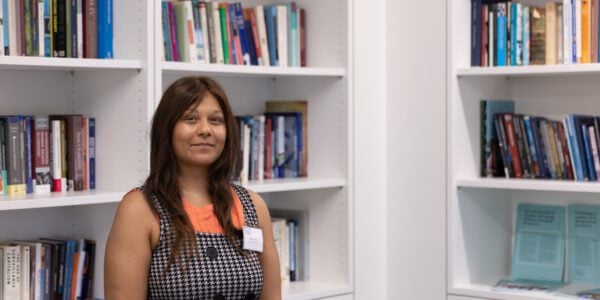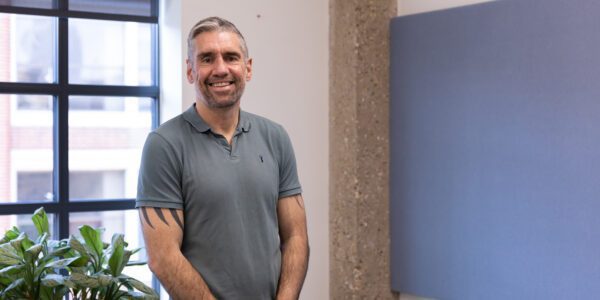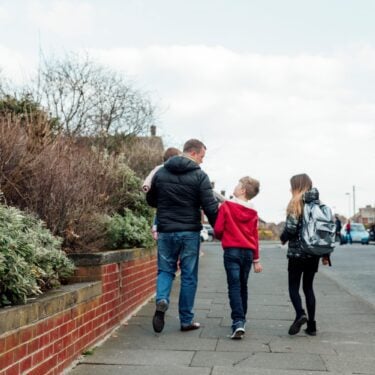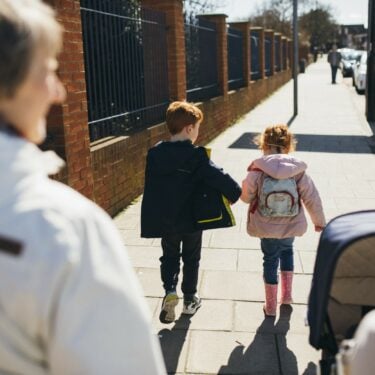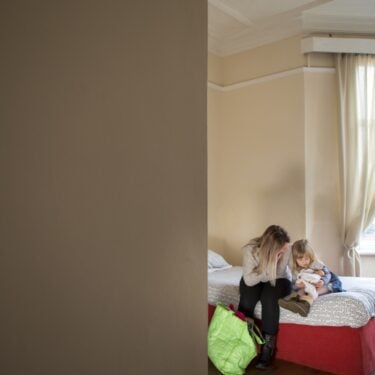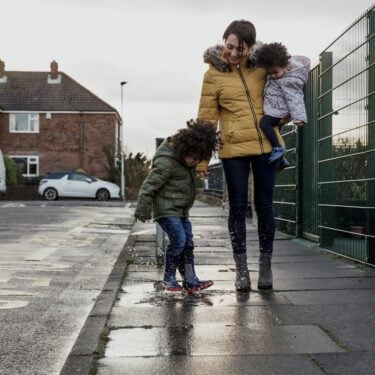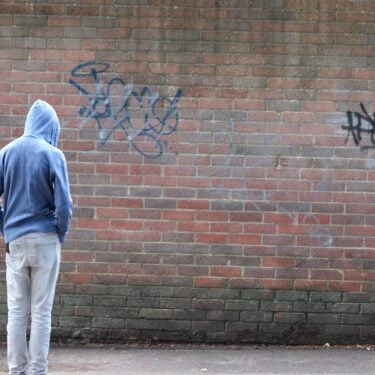The Nuffield Foundation has appointed a team led by Professor Karen Broadhurst at Lancaster University to deliver the development phase of the Nuffield Family Justice Observatory.
The Observatory will support the best possible decisions for children by improving the use of data and research evidence in the family justice system in England and Wales.
Over the 12-month development period, Professor Broadhurst’s team will build the infrastructure of the Observatory and advise the Nuffield Foundation on the best operating model for the Observatory’s 4-5 year delivery phase, to begin in spring 2019. The Foundation has identified a fund of up to £5 million initially that will be available for the development and pilot delivery phases of the Observatory.

Remit of the Nuffield Family Justice Observatory
The Observatory will focus on meeting the needs of practitioners who make pivotal decisions in the lives of children and families by:
- Working with them to identify priority issues where empirical evidence may help guide practice.
- Providing reliable summaries of what is, and is not, known from research or administrative data.
- Combining knowledge from empirical research with insights from policy, practice and user experience.
- Working with practitioners, policy makers and organisations representing families and children to develop, update and test guidance and other tools based on that knowledge.
Development phase of the Nuffield Family Justice Observatory
- At the end of the 12-month development phase, the Nuffield Family Justice Observatory will have established:
- The details of the delivery model for the Nuffield Family Justice Observatory, with any delivery partners identified and key personnel in post.
- A Governing Board, Stakeholder Advisory Council, and Expert Panel. The Stakeholder Advisory Council will horizon scan and prioritise key issues that would benefit from the development of research-based guidance. The Expert Panel will comprise experts from a range of research and practice backgrounds and will provide specialist input.
- A Data Platform and Analytics Service, which will provide curated family justice datasets (initially those held by Cafcass and Cafcass Cymru), produce core analyses, and support capacity and capability building in the family justice community.
- A portfolio of Observatory ‘products’, together with the approach, mechanisms and criteria for identifying, appraising and funding time-limited projects to deliver them.
- The approach, mechanisms and quality standards for synthesising evidence and developing guidelines.
- The model for working with regional satellite areas, with potential collaborators identified for the pilot phase.
- A work plan for at least the first year of the pilot delivery phase, including production of regular analyses of system level patterns and outcomes, to include regional variation.
- A flagship study on infants in the family justice system.
- A framework for evaluating the impact of the Observatory pilot and plan for ensuring its future sustainability.
These plans are set out in detail in the report, The Nuffield Family Justice Observatory for England and Wales: Making it Happen, which also demonstrates how the Observatory’s development has been informed by the findings from a scoping study to establish its purpose, functions and delivery options. The Nuffield Foundation and the development team will continue to engage with stakeholders during the Observatory’s development phase, undertaking a series of consultation activities and making resources freely available online as they are developed.
Professor Broadhurst said: “I am delighted to be leading the development phase of the Nuffield Family Justice Observatory, together with an outstanding team of academic and practice colleagues. The work of the national scoping study clearly indicated strong cross sector support for the Observatory, and now with further funding from the Foundation, we can bring this project to fruition.
“The development team will continue to build collaborative relationships with frontline organisations with a series of events planned throughout 2018. Through these events we will share our progress but also listen to stakeholders to ensure that the Observatory is shaped by the needs of practitioners who make pivotal decisions in the lives of children and families.”
The Nuffield Foundation is one of the principal funders of family justice research and has been keen to take a lead on addressing the need to make better use of research findings and administrative data in family justice decision-making. We will work closely with Professor Broadhurst and the development team to ensure the Nuffield Family Justice Observatory delivers on its promise to improve outcomes for children in the family justice system.”
The Nuffield Family Justice Observatory development team
Working with Professor Broadhurst will be Dr Lisa Holmes, Director of the Rees Centre at Oxford University and Susannah Bowyer, Assistant Director of Research in Practice. The other members of the team are:
- Carey Oppenheim (former CEO Early Intervention Foundation; former Co-Director Institute for Public Policy). Carey is also acting as a consultant to the Nuffield Foundation.
- Professor David Ford (Director, SAIL Databank, Swansea University).
- Professor Liz Trinder (private law expert, Exeter University and former member of the advisory board for the scoping study).













